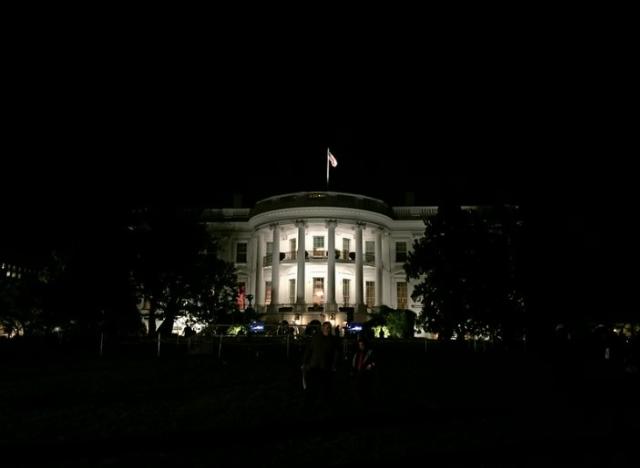Fixing government starts with ending dependency
In 1974, Democrats in Congress, in opposition to Richard Nixon, passed the Congressional Budget and Impoundment Control Act.
Under the Congressional Budget and Impoundment Control (Baseline Budgeting) Act of 1974, CBO is required to publish its baseline before February 15th of each year. The baseline is a projection of federal outlays and revenues under current and future fiscal years according to existing law.
This baseline affords government agencies the continued funding of their existence, whether they have served the interests of their constituents or not, propagating the point made by Ronald Reagan that
no government ever voluntarily reduces itself in size. Government programs, once launched, never disappear. Actually, a government bureau is the nearest thing to eternal life we’ll ever see on this earth.
We need to switch back to zero-based budgeting.
Zero-based budgeting is a budgeting method where every expenditure must be justified every budget cycle. When the company, or government begins a budget process, they start from zero. Each department must request funds via a detailed plan describing what each allocation of funds will be used for and what benefits the agency will receive from it.
Future budget requests should be predicated on the effectiveness in fulfilling the objectives of the previous budget.
Government Dependency
Although it is important for government to provide a “safety net” for those who fall on hard times, too often, that net becomes a shackle. Helping one out of difficult times is compassion. A system that enslaves one to perpetual dependency is a trap, often in furtherance of votes.
Who would not vote for a government that offers them free housing, food, health care, a universal basic income?
Numbers 14:4 elucidate this dilemma: “Let us appoint a new leader and return to Egypt” — newly freed slaves, abandoning their quest for freedom, to return to bondage.
In lower to lower-middle income-earning brackets, there is often an earnings ceiling that prohibits one from striving to earn more, or better one’s personal circumstances, as it creates a perverse incentive that strips one of government benefits (dependency).
Or, as another example, the government’s treatment of single-parent households disincentivize the formation of two-parent families. The government penalizes marriage by stripping the single parent (usually the mother) of benefits. This dilemma has had profound consequences, particularly in black communities, where 70-plus percent of children are born to single parents.
Homelessness
In 2003, then-mayor of San Francisco (now governor) Gavin Newsom announced his ten-year plan to end homelessness.
“Twenty years ago, then-Mayor Newsom laid out his 10-year plan to end homelessness in San Francisco,” California GOP chairwoman Jessica Millan Patterson told Fox News Digital. “Not only does the problem remain unsolved today, but in the time since, he has taken his failures statewide, where communities across California are grappling with the devastating homeless crisis.”
Today, California has 181,399 homeless people, which accounts for 28% of the nation’s homeless population. California also had the highest rate of unsheltered people at 68% (123,423 were unsheltered). Roughly half of all unsheltered people in the country were in California (49%).
California is spending $12 billion per year on homelessness.
The problem: If the state “solved” its homeless problem, the activist NGO groups that were established to “solve” this problem would get their funding cut, so there’s no incentive for them to solve it.
There are countless problems like this throughout our state and federal bureaucratic leviathan.
It has been said before: Democrats like to measure how many people are being served by their benevolence, whereas Republicans measure how many people they’ve been able to wean off these programs to become self-sufficient.
This reform will be a heavy lift. Democrat pols (and their NGOs) will wish to keep the gravy train running, often with federally matched dollars. Second, the populace will need to be convinced that their circumstances will be brighter through freedom and enterprise than bondage and freebies.
Democrats have perpetuated dependency for votes. Want to promote government efficiency? Remove the perverse incentives (in these bureaucratic enclaves) that entrap much of the populace to dependency.

Image: NASA Goddard Space Flight Center via Flickr, CC BY 2.0 (cropped).





